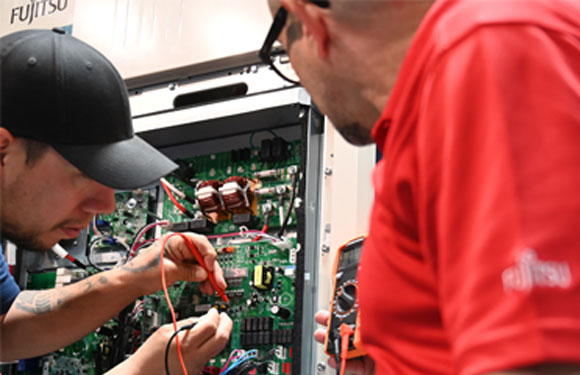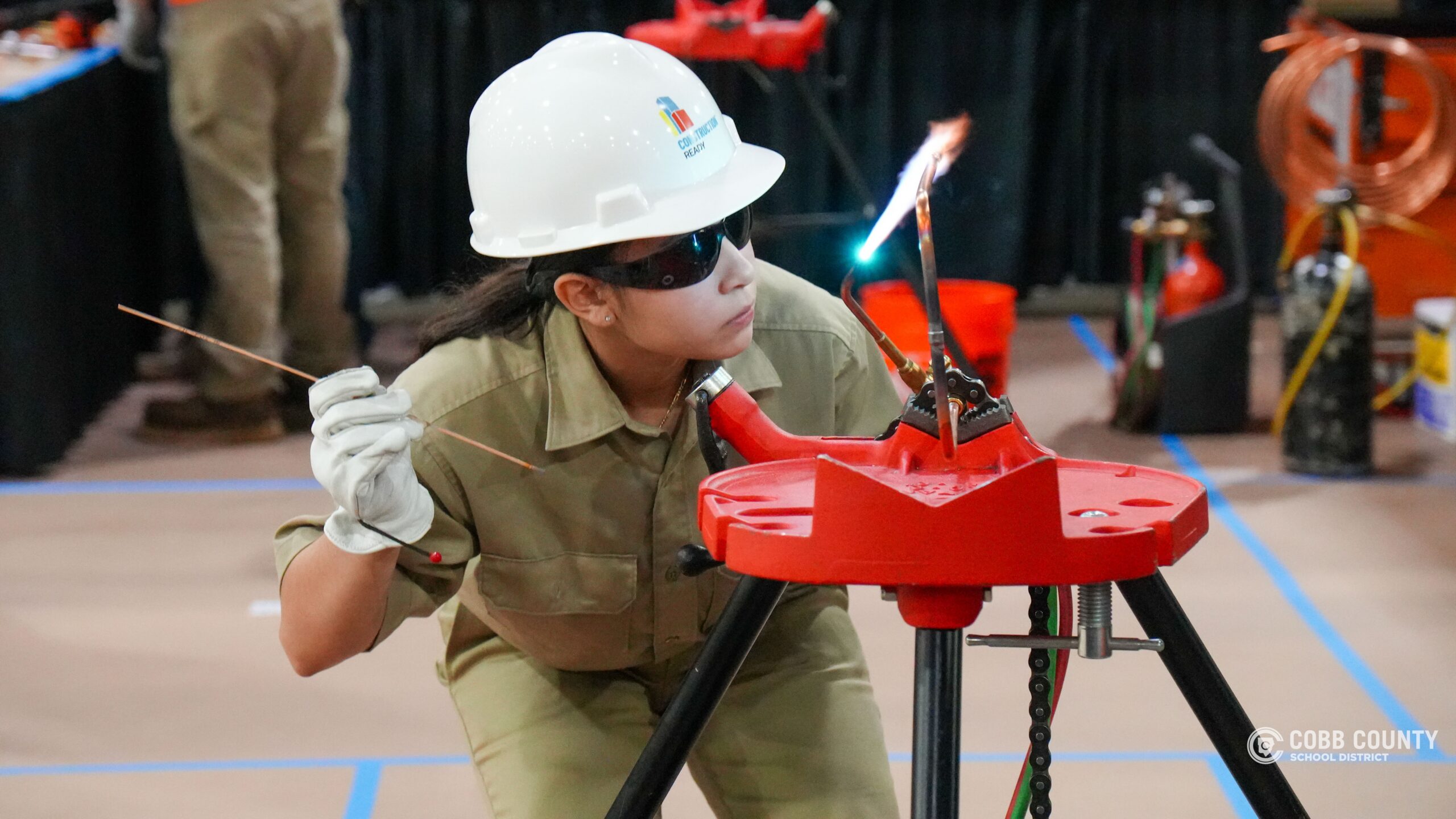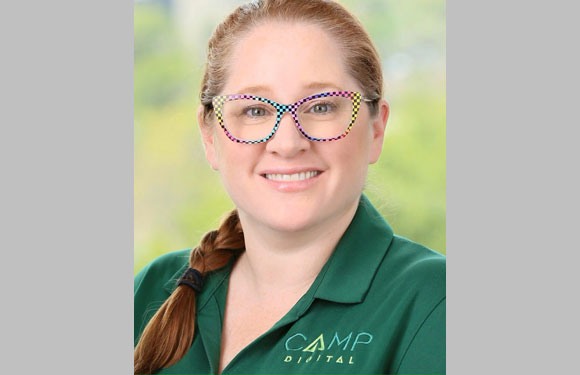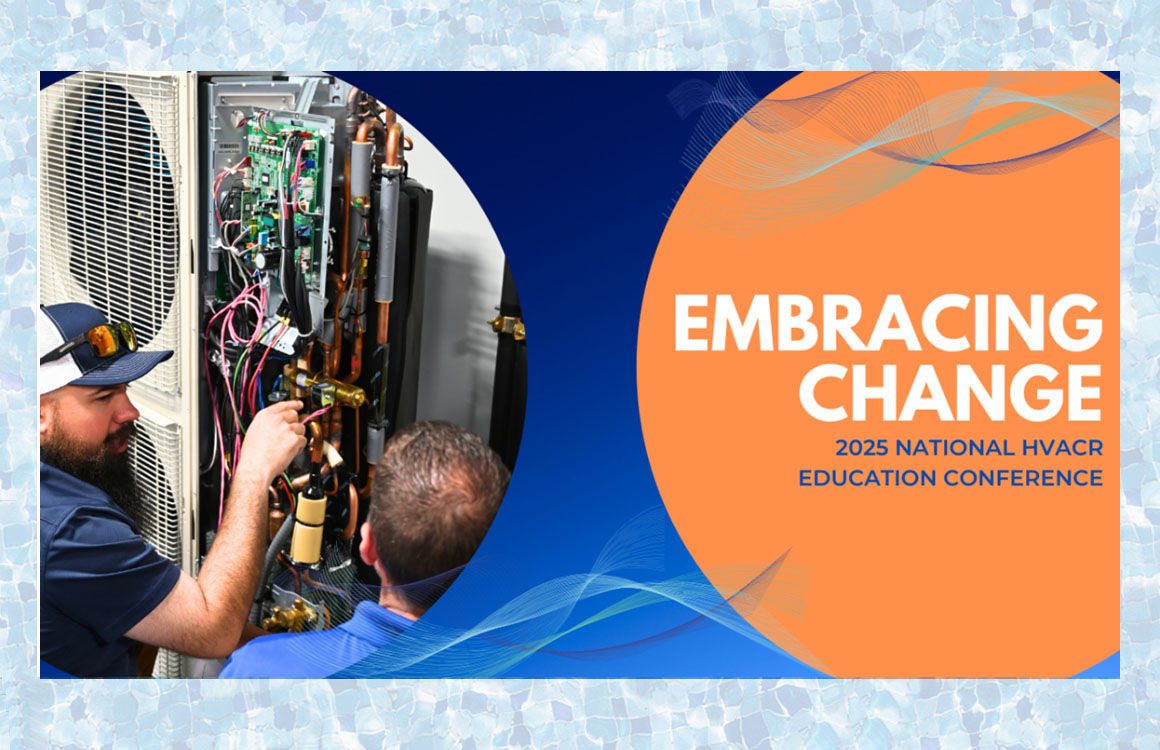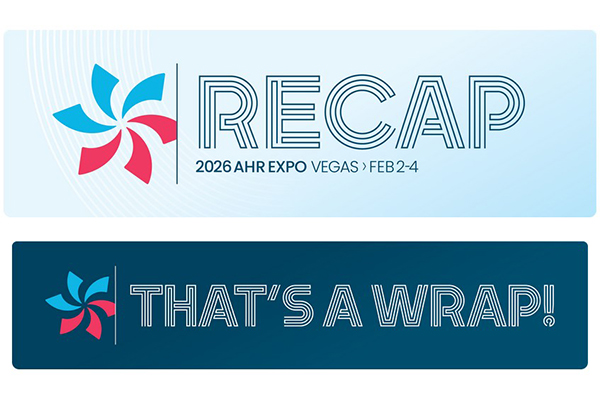Dear HVACR Educators and School Administrators,
 We are writing to bring to your attention a growing concern within the Heating, Ventilation, Air Conditioning, and Refrigeration (HVACR) industry. As HVACR technologies are advancing, many educational programs are falling behind. Consequently, your students may be lacking important instruction, and your program may not be receiving the industry support it needs to succeed.
We are writing to bring to your attention a growing concern within the Heating, Ventilation, Air Conditioning, and Refrigeration (HVACR) industry. As HVACR technologies are advancing, many educational programs are falling behind. Consequently, your students may be lacking important instruction, and your program may not be receiving the industry support it needs to succeed.
For example, the Training for Residential Energy Contractors (TREC) Program recently made $200 million available to every state energy office, encouraging them to partner with nonprofit programs, community colleges and public schools, to develop and offer training on next generation comfort cooling systems. Unfortunately, most schools are unable to provide this training.
The Energy Skilled Recognized Program, another prime example, spearheaded by the United States Department of Energy, seeks to connect consumers with HVACR professionals who can install and service next generation systems such as heat pump water heaters and inverter-driven electric heat pumps. Consumers will soon be seeking technicians who have Energy Skilled Recognition. If your program doesn’t presently offer the recognized credentials, it should!
In most fields, including medical and automotive, we embrace change and revise our programs to keep pace with change. We recognize that new procedures and technologies require students have the latest knowledge, skills and tools to succeed in these industries. Despite HVACR technology advancing at an unprecedented rate, many programs struggle to keep up, while their students are often trained on outdated technologies, leaving them unprepared for the demands of today’s workforce. By not embracing change in HVACR education, we risk not only the relevance of our programs but also the success of our students in a rapidly evolving industry, which plays a crucial role in energy efficiency, environmental sustainability, and public health.
As the HVACR industry undergoes unprecedented changes designed to improve system efficiency and address environmental sustainability, our programs and instructors must also adapt if they are to remain relevant.
While you may see 100% graduate placement, with whom are they being placed? Are they joining companies primarily seeking installers, or are they being recruited by leading organizations focused on growing the next generation of skilled HVACR service technicians? If your graduates are not being placed with organizations that offer competitive salaries, insurance, retirement plans, and lifelong learning opportunities, there may be a disconnect between the program you are offering and the current needs of the HVACR industry.
Our students are entering a workforce where they will be expected to install, maintain, and repair advanced systems that may not have existed just a few years ago. Similarly, our instructors are being asked to teach on equipment they may never have worked on. To prepare them adequately, our educators must have up-to-date knowledge and hands-on experience with the latest technologies. Leading HVACR manufacturers have expressed concern that many educational programs are not keeping pace with technological advancements.
The importance of keeping our HVACR programs up to date is not always fully understood. The lack of funding and support for professional development in this area puts our educators—and by extension, our students—at a disadvantage. Without the necessary training on emerging technologies, our programs risk becoming outdated, and our students may find themselves ill-prepared for the challenges that await them.
We invite you to consider the perspectives of leading manufacturers such as Fujitsu who can explain why professional development directly related to our industry is essential. These insights are critical for ensuring our programs remain relevant and our students competitive.
To address this issue, we urge you to consider the points assigned to instructors and the requirements on this evaluation form developed for manufacturers to identify educational partners that qualify for discounts and donations. If you are not providing your HVACR instructors with professional development directly related to emerging technologies, you may be missing out! By investing in our educators, we ensure that our programs remain relevant and that our students are well-prepared to succeed.
Fortunately, your instructors don’t need to traverse the country visiting manufacturers to stay informed. Many organizations that often compete for sales are gathering in one place, the National HVACR Education Conference. This event enables your instructors to obtain firsthand information from those on the front lines of these technological changes, as well as those tasked with updating codes and standards.
The opportunities for students to be placed with leading employers is greater than ever. However, a key holdback of most programs is the instructors inability to obtain professional development that enables them to meet the challenges of an ever-changing industry. If you want to truly see your students and the community you serve succeed, we hope that you will support the professional development needs of your instructors.
We hope that you and your staff will join us March 16-19, 2025 for the National HVACR Education Conference, professional development, designed specially for HVACR educators and trainers.

